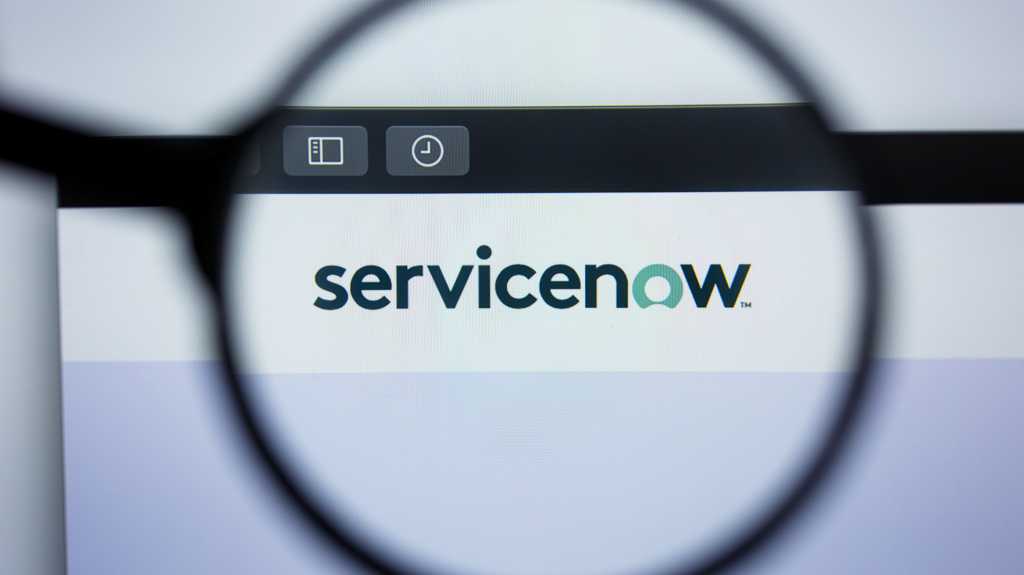“CIOs need to have a specific business and governance plan to balance and accept AI’s risks and benefits,” Elliot said. “Product pricing is only one part of the discussion. Other pieces include staffing, skills training, partner involvement, legal exposure, and risk mitigation.”
The AI model used also has a big influence, he said: “Generic models can add some value, while domain specific models can add massive value.”
Availability
The Vancouver release of Now Platform and its Now Assist add-ons is scheduled for release on September 29, 2023.
Sigler said he thought ServiceNow might be the first enterprise software company to make gen AI generally available across its software platform. “We hear a lot of companies out there in alpha and beta, or whatever they’re going to call it,” he said. “We’re actually going to be making this available, generally available, and for sale on the 29th.”
He may have a point: while platform makers such as OpenAI have offered gen AI components for some time now, other enterprise software vendors have taken a more cautious approach. Last week Salesforce made a big announcement about its plans to make its Einstein Copilot gen AI assistant available across its software platform—but only to a limited number of customers, sometime before year-end.
It’s too early to say whether there’s any advantage to being the first mover, though, according to IDC’s Elliot. “This is going to be a marathon, not a sprint,” he said.
Vancouver’s other new features
Gen AI isn’t the only new feature in the Vancouver release, however. There are also new automations for health care providers and HR and finance teams, and a new approach to application security.
Zero Trust Access is a new feature for ServiceNow Vault, enabling enterprises to add granular authentication policies for access to their data, and evaluate risk based on location, network, device, and user, and limit access to data accordingly. ServiceNow has also expanded its third-party risk management tool, allowing more employees to use it to evaluate the security of applications.
For health care companies, a new automation process for clinical device management will help teams responsible for the maintenance of medical equipment to track their work and order necessary parts.
And for finance staff, ServiceNow has enhanced its Source to Pay Operations processes with the addition of Accounts Payable Operations. This will assist with digitizing the process of receiving invoices, their reconciliation, and payment. ServiceNow expects this will help reduce the cost of processing invoices from $16 manually to under $3, Lokey said.

